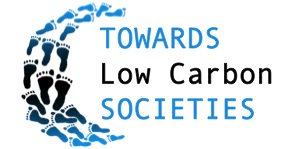Looking for ways towards low-carbon societies
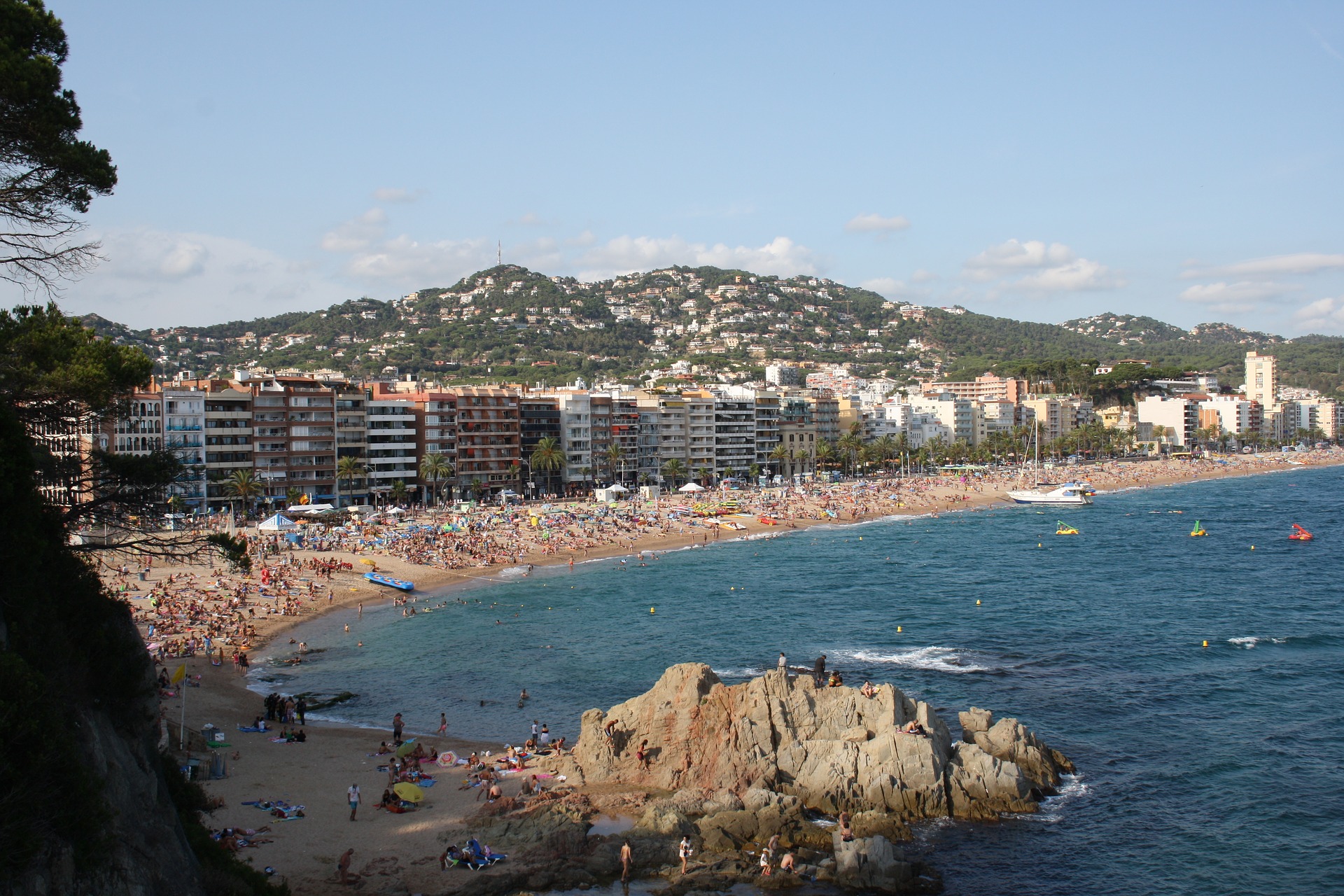
It all started with our idea of hopping on a European Commission’s roadmap to low carbon economy. Along with Erasmus+ Strategic Partnerships program we had a chance to wrap up a project which would harness us, our partners and students to strive for more climate-friendly and less energy-consuming Europe in the future. In order to do that, we promised to canvass needs and means to improve the quality and relevance of the education in our higher education departments. Having succeeded in the applying process we were granted 315 000 € to be spent during the three academic years between 2015 and 2018 for the project called On the way towards a low-carbon society – Increasing professionalism in land use and landscape management within climate change (TowardsLCS).
After 7 live meetings in 5 countries, 3 pilot courses with 60 different students, 7 professors and 100-odd experts, and multiple working hours between the 3 universities and 6 working life partner organisations, it is time to close the project in the end of August.
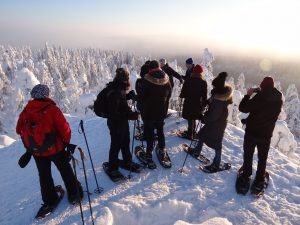
Project partners on top of Koli National Park during Joensuu pilot course in 2018.
So what have we done?
In short, the goal of the project was to develop studies for the future low carbon land use planners and give some ready and easy-to-use tools for other institutions to enhance low carbon development. In order to fulfill this goal we promised to create an online study module about “low carbon basics”, collect a robust material pack to support the course and share the materials and course instructions on a study platform through an open access website.
What makes a good low carbon planner?
So the idea is to enhance low carbon development by improving the education of landscape and land use planners. Anyhow, no matter how extensive low carbon skills the fresh planners have, they cannot get their skills to the use of societies if they are not attractive for employers also in other ways. This is why at first we wanted to find out what makes a good low carbon planner.
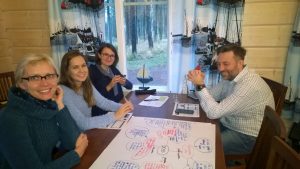
Drafting competence analysis during kick off -seminar in Joensuu in 2015.
We made a survey to a wide variety of actors, asking them to value various sets of competences that might be important in the field. We received answers to the survey from Polish, Finnish and Catalonian representatives from research institutions, governmental agencies, NGOs, universities and young professionals. Detailed results are to be published in a separate article, but in the mean while you can find more information on this presentation.
From survey to results – how to teach these competences?
Having processed the main results, the first intensive course was designed and organised in order to test how to teach these valued competences. The first course in Poland was then followed by another two courses in Catalonia and Finland. During each “pilot course” different settings of learning conditions were tested (including the chosen low carbon topics, size of the working groups, both teaching and surveying methodology, reporting tasks, living conditions, surroundings & weather…). After each course students were asked to evaluate the course so that later pilot courses could be improved based on the experiences from the previous ones.
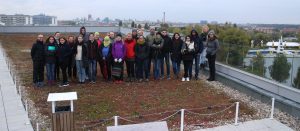
Students and professors on a green roof during pilot course held in 2016 in Poznań, Poland.
Gaining competences for students, professors and partners
Along with competence enhancement among students, it is quite evident that the project has been a specific learning experience for the participating professionals as well. Experience in working in an international (and –disciplinary) groups is one natural, but vital competence that everybody got their share of. Site/country-specific information about low carbon issues and good practices is another obvious gain. Furthermore, special attention was paid to different soft skills and especially to (social) media presence. This included workshops and tasks about different social media platforms, preparing videos and scientific posters, “pitching” and presenting oneself in general.
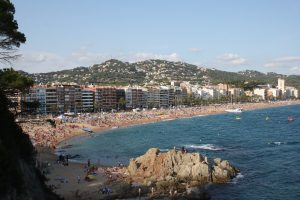
Lloret de Mar – one of the study sites during the pilot course held in Catalonia in 2017. (CC0)
On the way towards …?
It has been an intensive three years, but the road does not finish here. We will continue for a while more with processing experiences and completing articles based on the information that was collected, but even that does not bring a total end to the process. Like it is the case with so many projects, TowardsLCS reminds of the mythical dragon Hydra; you put into practice one idea but so many new ones arise. Cooperation between associates continues for sure, but to which direction, you can only wonder.
Whether you are interested in knowing more about TowardsLCS-project or the future co-operation, please do not hesitate to contact any of us.
TowardsLCS Joensuu team
Minna Tanskanen (Project leader)
Paula Inkeroinen (Project coordinator)
Anssi Huoponen (Project researcher)
Noora Rämö (Research assistant)
Email: firstname.lastname(at)uef.fi
http://towardslowcarbon.eu/
http://www.uef.fi/web/towardslcs/
